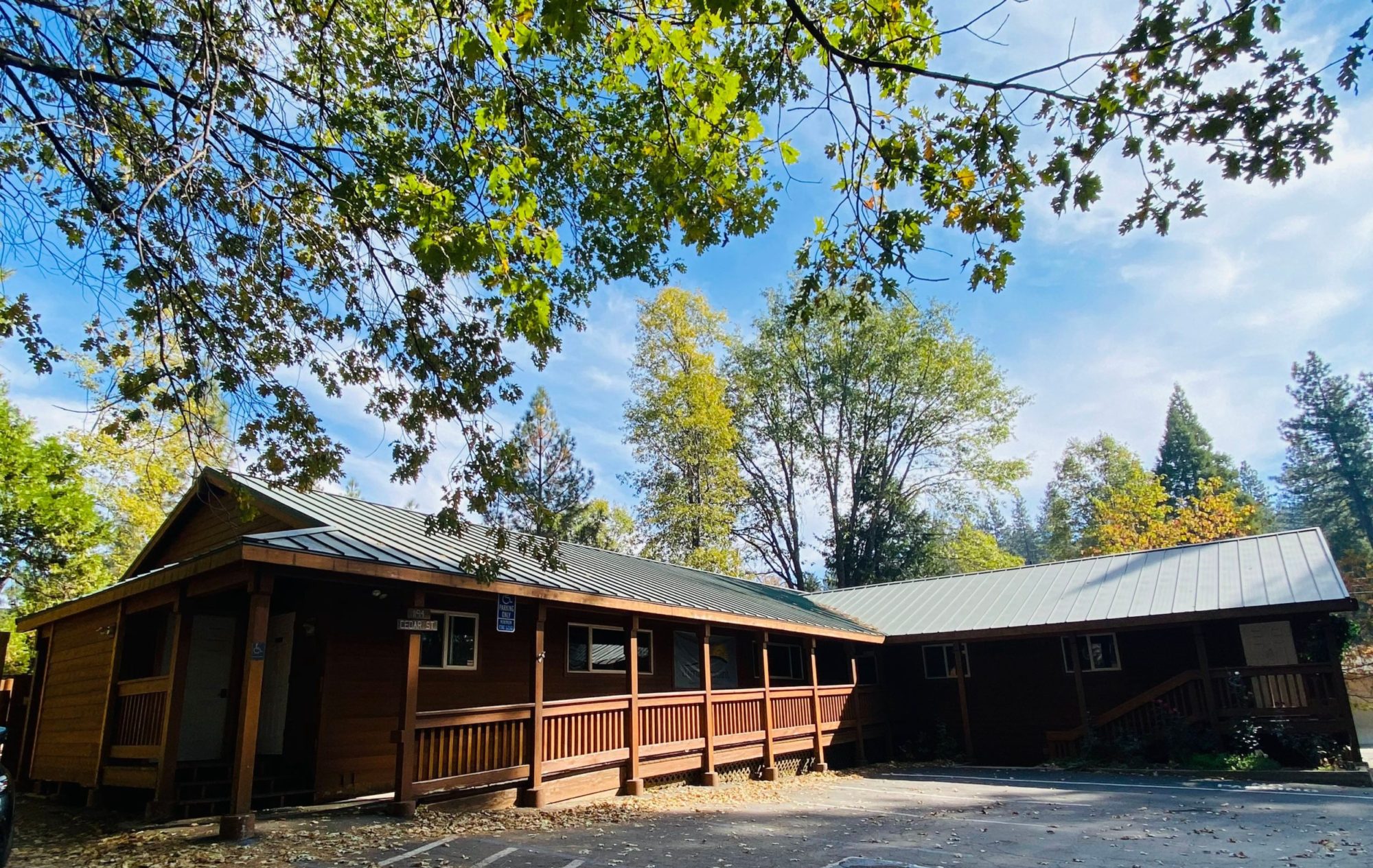One of the most well-known and common approaches to addiction recovery is the 12-Step program established by the founder of AA. Here at Turning Point of Arnold, we support participation in the 12-Step program for our patients, because we’ve seen how it can enable healing and break down the walls that we put around ourselves during addiction.
Storytelling and Connection Fuels Recovery
The most essential ingredient of the AA model is that it opens people up for storytelling and connection. It lets us each know that we’re not alone in our struggles with addiction. Everyone’s recovery story is different, and through hearing the stories of others, we can learn and have breakthrough moments in our own progression.
However much we love and connect with our friends and family who haven’t experienced addiction, there is a divide there. The shame, the cravings, and the cycle of addiction is hard to express to those who haven’t had the same experience. In the 12-Step program, you automatically move past that divide, since everyone there has similar stories. From the very beginning, you share a significant bond and common experience.
When you go to a group meeting, you’ll never be pressured to speak up. You start sharing when you’re ready. However, you will find that people are eager to know you because they want to help in whatever way they can. The network of support and connection that we find here can empower our recovery at any step.
Honesty Creates the Groundwork for Change
Another extraordinary benefit of the 12-Step program is that it creates an unequaled atmosphere of honesty and candor. It strips away the denial that we often build around ourselves as addicts and makes it feel okay to face everything in a realistic way. The honesty can be startling to newcomers to meetings, but it’s an environment that is completely pivotal when it comes to enabling change.
One of the attributes of addiction is denial about the severity of the problem, and a pattern of deception to yourself and others. The 12-Step program turns that on its head and gives us a chance to alter our course for good. It asks us to take accountability for our part in addiction without shame or blame. It only asks for remorse enough to inspire change. We apologize for our wrongs and look for ways to make amends, and through that process we’re empowered to realize that there’s help and change possible.
To learn more about our 12-Step program participation, give us a call.

